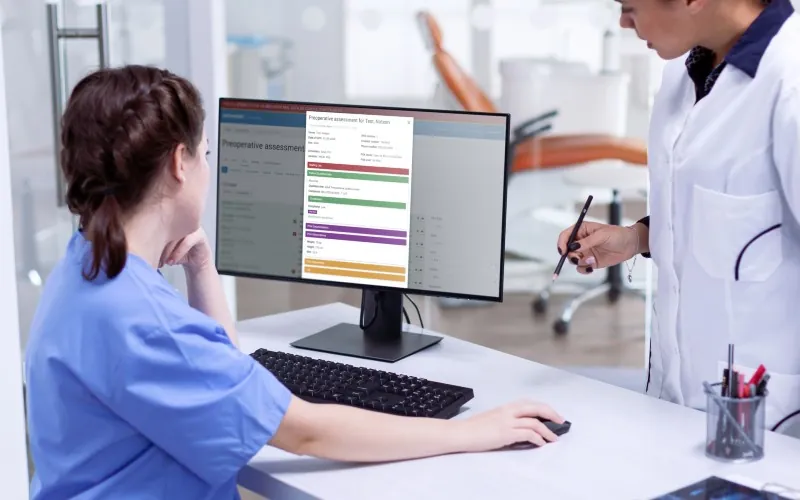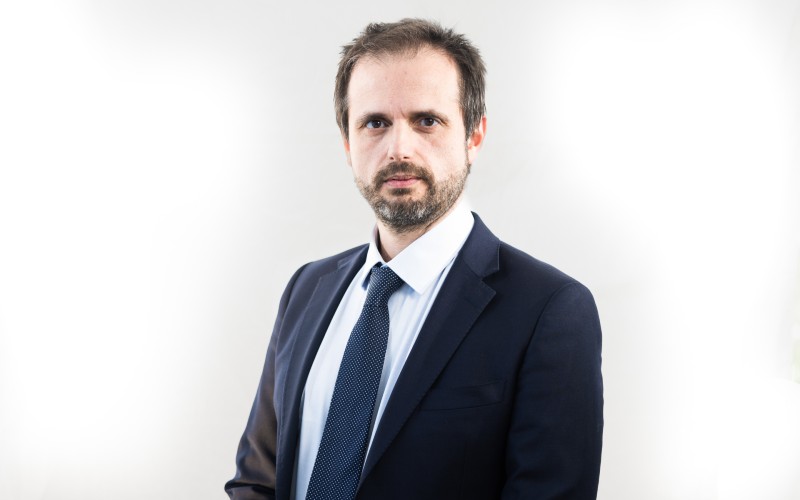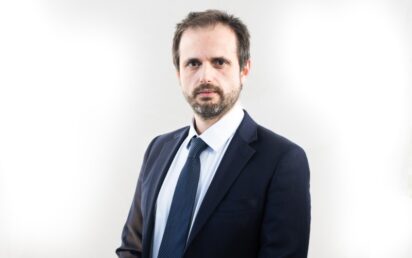‘There isn’t enough time in the day.’
A common refrain among entrepreneurs, and with good reason: spinning plates in several areas of a growing business is one of the biggest challenges they face.
However, it hasn’t fazed Harry Lykostratis. A practising orthopaedic surgeon since 2005, he founded Open Medical in 2013 and serves to this day as its CEO and lead engineer.
The firm, creator of Pathpoint patient management software, featured on our HealthTech 50 ranking last year.
“Early on, I invested in good leadership and a strong board of directors,” he explains to BusinessCloud of the key to operating as a hands-on founder while maintaining his vital position in the operating rooms of the London North West Healthcare NHS Trust.
“I’ve also been selective about the people who remain with us: this has been really important because it allows me to trust my team deeply so I can delegate responsibilities confidently, which then frees me up to focus more on strategic growth and the broader vision for the business.
“This approach not only helps us scale our operations efficiently but also ensures that we stay innovative and proactive in our industry.”
Lykostratis became interested in software at the age of 12, and sold his first program at the age of 14.
While studying medicine at the University of Leicester, then completing his training as an orthopaedic surgeon – dedicated to the prevention, diagnosis, and treatment of diseases and injuries of the musculoskeletal system – he maintained programming as a hobby.
In 2011 came the moment that inspired his business.
“I arrived at the hospital on a Saturday morning and went to review the trauma list,” he recounts. “To my surprise, I found the whiteboard – which contained the list with all the patient information – completely blank. Someone had wiped it clean by mistake.
“This incident really exposed the flaw in our processes and our reliance on outdated methods for critical patient management.
“I leveraged my background in software development to create a solution that would prevent this from happening again while also improving our overall trauma management process.”
He developed Pathpoint eTrauma, a secure, cloud-based platform that would replace unreliable legacy systems such as whiteboards, and it was implemented within his department.
“Its success quickly caught attention, which encouraged me to continue developing and expanding its capabilities,” he continues.
“As the platform evolved and its benefits became more obvious, I realised I needed a dedicated entity to manage and promote this innovation, leading to the founding of Open Medical.”

The business is now growing 100% year over year. What has been key to ramping up growth?
“Our commitment to delivering genuine value to our clients has been a significant driving force,” answers Lykostratis. “The fact that clients not only choose to buy our solutions, but continue to do so year after year, speaks volumes.
“And it is our existing clients that contribute to our growth the most. In fact, our churn rate is very low, at just 2%, which is a testament to the strong and lasting relationships we have built with our clients.
“Focusing on a service-led transformation is essential. One of the things that is very unique to us is that we have, over the last five years and after 170 implementations, never failed to provide real value to our clients through our services. Growth has naturally followed.
“In HealthTech, 12 months is considered a short-term period… our main focus in the year ahead is to keep up our momentum and sustain our growth rate between 120% and 150%.”
Pathpoint, described as the engine powering clinical pathways, is entirely cloud-based, with no geographical constraints or local hardware requirements. As such, earlier this year Open Medical was able to sign a deal to help advance healthcare practices in Saudi Arabia.
The strategic partnership, formalised through a Memorandum of Understanding, will see Open Medical collaborate with the Ministry of Health in the Kingdom and Farouk, Maamoun Tamer & Co. (Tamer) from Saudi Arabia.
It aims to deliver improvements to the Perioperative Care Clinical Pathway through a pilot programme in order to assist MOH’s aspirations to enhance surgical waiting list management across the Kingdom.
“The suppliers in Saudi Arabia are very strong. That’s actually one of our motivations for entering this market. We believe we can bring even more value to the table,” says Lykostratis.
“The maturity of their digital infrastructure presents us with a unique opportunity to introduce our offering to a market that is ready to embrace it.”
Away from the operating theatre, boardroom and computer monitor, how does Harry Lykostratis relax?
“I still read a lot – mostly science, like theoretical physics… as the saying goes, the physics may be theoretical, but the fun is real!”


